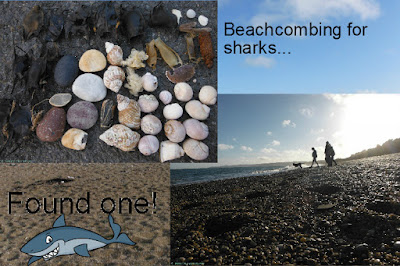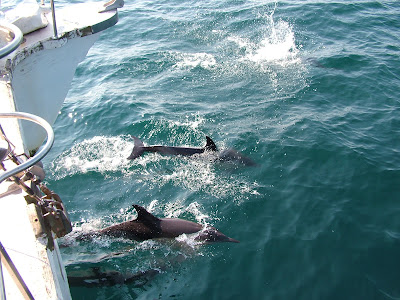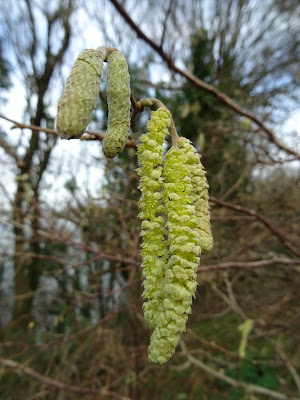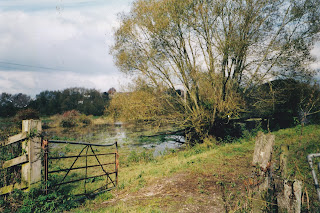Taking part in Citizen Science projects
Citizen science projects are an opportunity for anybody to get involved with scientific research projects. There are lots of them around, some
local, others international. Instead of all the data collection and monitoring being done by scientists or researchers, the projects recruit anyone who wants to join in. This way a larger amount of data can be collected and costs are reduced making bigger scale projects more achievable.
 |
| Nature all around, out on the moors |
Its exciting to be part of something big and meaningful. Individual
efforts added together can have a big impact. Using a lot of people also
means that larger areas, more inaccessible places or longer
periods of time can be covered. People can dip in and out giving as
much or as little of their time and effort as they want to or are able. A
lot of people looking out for signs of Spring can cover the whole
country or many people counting birds in one specific weekend will give a
large amount of usable data.
We have written before about the Sharks Trust great Egg hunt that collates information on the number and distribution of sharks around the British coastline. If you like beach combing anyway then why not look out for mermaids purses and upload your findings to the website. Information on these creatures will help protect them for the future.
 |
It is not a new thing for people to collect scientific information for pleasure and to share their findings with others. Seaweed hunting was a popular hobby for ladies in Victorian times. There was a massive interest in the natural world at this point and huge developments in scientific knowledge. Samples would be collected then carefully pressed before being either drawn or arranged in a scrapbook. Even Queen Victoria created a seaweed scrapbook when she was a child. Along one of our favourite coast walks there is graffiti in the rocks from the 1800s near to what was a popular bathing place at the time. It is still fairly difficult to reach involving some bouldering and even then you have to be very aware of the tides. With layers of petticoats and skirts it must have been very challenging. Ladies were advised in many publications of the time to wear men's boots for their hobby to ensure 'good and safe footing'.
 |
| History in the rocks, 1800s graffiti |
There are many great research projects out there that thrive and work because of the large number of people joining in, either in a specific area or sometimes world wide. Actively encouraging people to participate hugely increases the number of people involved and therefore the amount of data that can be collected. Collaborations between the research teams and members of the public with an interest in the topic being studied can lead to very successful projects producing good data.
 |
| Small boats are ideally placed to spot sea mammals |
Here are a few of the projects we have come across with the links to their websites, have a click around and see if there are any that you fancy taking part in
Shark trust egg case hunt - Recording numbers and distribution through reporting of mermaids purses
Sea watch - Dolphin and wale observation, British coast
Secchi disk - International phytoplankton study
Swift migration - Organised by the RSPB (Royal Society for the Protection of Birds)
Bird Watch - Organised by the RSPB
Big Bug Hunt - International project
Foreshore and intertidal zone exploration (SHIP project) - Finding history buried on the beach
Garden watch by the BBC - Looking at British wild life in the Spring
NASA - Has a large number of projects on the go at any one time
Natural History Museum - Various projects including Big seaweed search and online historical document transcription
UK centre for ecology and hydrology - Projects including honey monitoring and air quality
Please feel free to let us know in the comments about any other projects or citizen research you have heard of and think we (or others) may be interested in.
 |
| Spring watch in Devon |
Wherever you are, stay safe and enjoy the world around you.




This comment has been removed by a blog administrator.
ReplyDelete